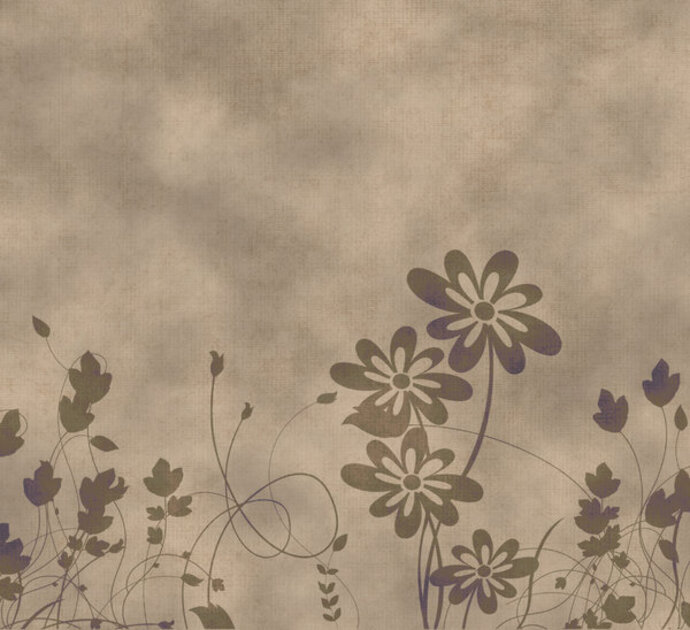
Our Gemara on amud beis discusses circumstances of the Sotah’s retraction of her willingness to drink from the waters. Sometimes it is considered a de-facto confession and therefore she no longer drinks, or instead we believe she is panic stricken, and her refusal is not a confession, rather she may still be innocent and thus drinks:
ū£ųĖūÉ ū¦ųĘū®ūüų░ūÖųĖūÉ ūöųĖūÉ ūōų╝ų░ū¦ųĖūöųĖūōų░ū©ųĖūÉ ūæų╝ųĘūöų╝ ū×ųĄūŚų▓ū×ųĘū¬ ū©ų░ū¬ų┤ūÖū¬ųĖūÉ ūĢų░ūöųĖūÉ ūōų╝ų░ū¦ųĖūöųĖūōų░ū©ųĖūÉ ūæų╝ųĖūöų╝ ū×ųĄūŚų▓ū×ųĘū¬ ūæų╝ų░ū©ų┤ūÖų╝ūĢų╝ū¬ųĖūÉ
The Gemara answers: This is not difficult; this case, where she is forced to drink, is referring to a situation where she retracts her decision to drink due to fear, as her refusal is not viewed as an admission of guilt, and it is possible that if she drinks she will be found undefiled. And that case, where she does not drink, is referring to a situation where she retracts her decision in a state of calm and stable spirits. Since she does not appear to be afraid, her refusal is viewed as an admission of guilt.
This is an complex psychological assessment. Rabbi Akiva holds that refusal to drink only is a tacit admission if she appears calm. Rashi explains that she had calculated all along that she will hold out until the last moment (hoping perhaps for some kind of last moment reprieve of unknown origin), but when she is about to drink she will demur. Yet, if she appears to “chicken out” at the last minute, in a state of anxiety, we then assume that she is just afraid that the Sotah waters might give her a false positive, and she actually may be innocent and is served well by being made to go through the ordeal to ultimately prove her innocence.
A couple of psychological concepts are being asserted:
- A person can tend to hope to avert disaster even if there is no rational reason to believe that it will happen. Denial is powerful, or perhaps hope, or both together.
- An innocent person can also have anxiety that they will be found guilty. I’ll venture to say that, especially when it comes to sexual matters there is so much inherent guilt, that no one feels completely innocent, and no one would want to go through a test of their innocence.
A general lesson to take from this Gemara, which is important for educators and parents, is that people mistake the idea of reading emotions on a person’s face with reading their thoughts. An astute person can read the expressions on a person's face and understand the emotions behind it. There is even a subset of the population that are adept at reading what are called “micro expressions”, that is a micro-second momentary expression that betrays unconscious emotions that people consciously want to cover up. Such persons can be adept at realizing when people are lying, not because the emotions tell what they’re thinking, but they might see incongruity between the micro expression and the actual expression. Thus the killer might express remorse openly, but there could be a micro expression of glee or hatred. At the same time, that does not mean that one is able to read the thoughts BEHIND the emotions. This is known as attributions. We attribute particular thoughts to emotions, but those can be wildly inaccurate. For example, a teacher, or parent might accuse a child of lying and see that he or she is nervous. The nervousness might be attributed to guilt, but it could be the same fear of the Sotah in our case. Not a fear of being guilty, but rather a fear of being falsely convicted.
Translations Courtesy of Sefaria, except when, sometimes, I disagree with the translation ![]()
If you liked this, you might enjoy my Relationship Communications Guide. Click on the link above.
Rabbi Simcha Feuerman, Rabbi Simcha Feuerman, LCSW-R, DHL is a psychotherapist who works with high conflict couples and families. He can be reached via email at simchafeuerman@gmail.com
 Previous
Previous

